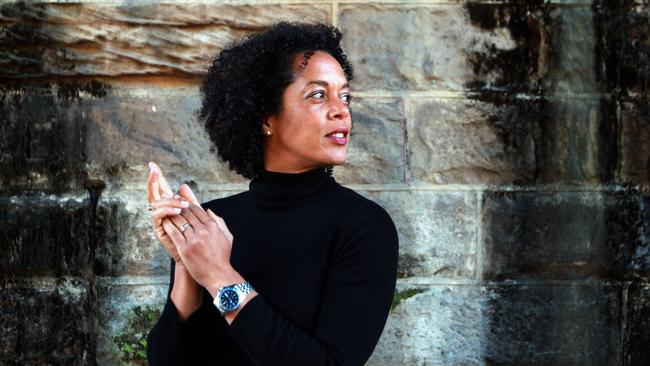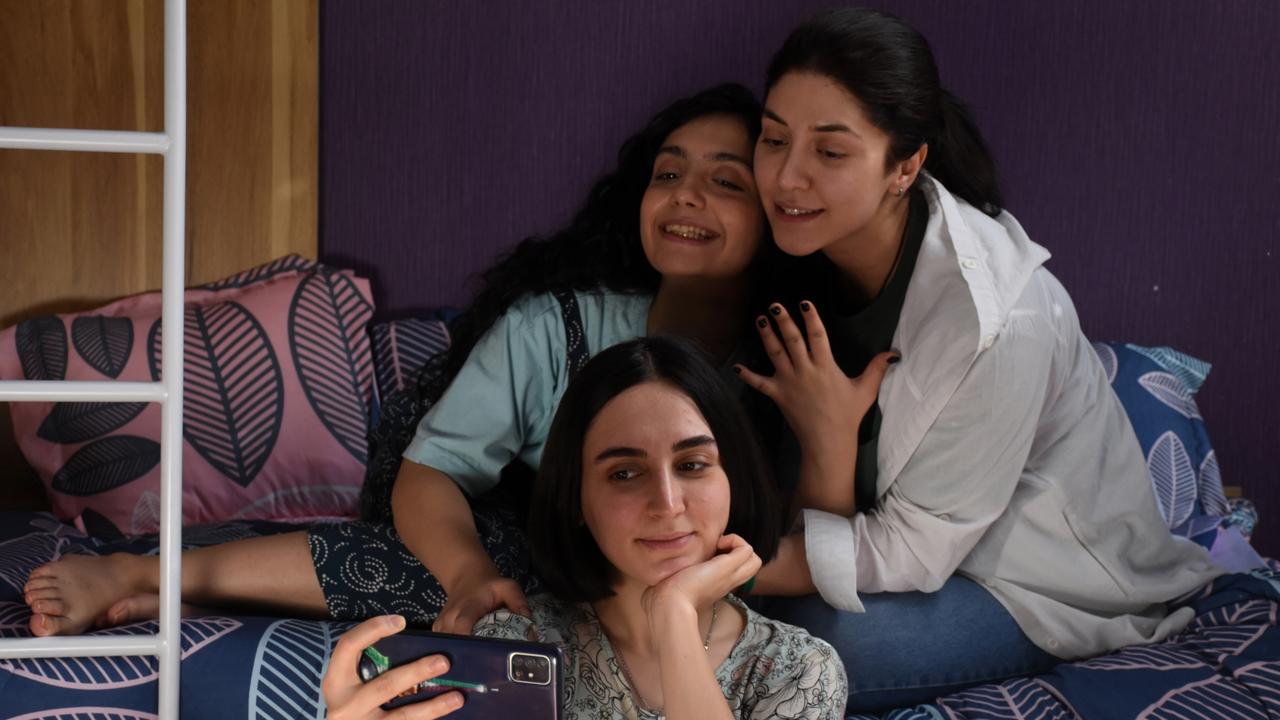Happiness by Aminatta Forna: the wretched shall inherit the earth
Happiness is not so much a hybrid work as one where the novel’s human preoccupations are shadowed by pure animality.

Of all the criticisms mounted by Indian novelist Amitav Ghosh in his recent nonfiction exploration of fiction and climate change, The Great Derangement, one strikes deep. He claims the novel, with its cosy concentration on the social and the domestic, has been a mechanism for expunging the possibility of chance, change and catastrophe from our collective reality.
That the dominant mode of self-examination we’ve possessed in the West, from the beginning of the carbon economy in the 19th century to the near present, has been complicit in sidelining the increasingly weird and destructive effects of our exponential success as a species is an appalling thing to discover. It is as if the religion you’d been raised in had failed to account for the existence of human evil.
It should be said: not everyone agrees with Ghosh. One counter-response has been to enlarge his narrow definition of literature. Speculative fiction, its practitioners argue, has long set itself to exploring all those human potentialities overlooked by the “literary” novel. Henry James may sing from the old hymnal of nation, culture, capital or empire, finding beauty, subtlety and grace in the lives of the 1 per cent, but Kim Stanley Robinson and James Bradley have been imagining the destruction visited on the rest of us down the line.
The other response is to retool the literary novel so that it may examine the blind spots identified by Ghosh — a process already under way when his jeremiad was published in 2016. This is why an avowedly literary author such as Margaret Atwood explores genetic manipulation in her recent MaddAddam Trilogy. It also explains why new fictions by exciting younger novelists such as Britons Jon McGregor and Melissa Harrison have merged nature writing with the novel’s older social concerns.
And it is doubtless why Aminatta Forna, a Scottish-Sierra Leonean novelist whose career has been shaped by alertness to the potential for narrowness and provincialism in the form, has chosen in her fourth to explore the relationship between chance and necessity, the social and the instinctual, urban realm and natural world.
Happiness is not so much a hybrid work — though it does boldly experiment with chronology and voice, and moves restlessly across continents and cultures — as one where the novel’s traditional human preoccupations are shadowed by pure animality.
Its primary setting is London in 2014. Its story proper begins with the vision of an urban fox making its way through the crowded lobby of a West End theatre: an irruption of wildness in a building dedicated to culture.
The sudden appearance of this “skinny scrap of life, all legs with a coat that didn’t look nearly enough to carry her through Winter”, leads a middle-aged American jogger to collide with a gigantic Ghanaian psychiatrist, in London for a conference on nearby Waterloo Bridge.
Jean, the Bostonian animal biologist, has come to England after the breakup of her marriage to lead a modest study into urban foxes. The African with the curious name Atilla is an older man with decades of work behind him in the tracking and treatment of post-traumatic stress disorder in victims of conflict. Theirs is a chance encounter, which occurs several times more during the opening sections.
In the alternating chapters that follow, each character is given the opportunity to expand and explain their circumstance. Jean is estranged from her American past, particularly her grown son. She takes pleasure in the modesty of her situation — the vixens and dog foxes she tracks with the aid of a small cadre of rubbish collectors through the small hours; the rooftop garden projects she designs on the side to make up a project funding gap — and in her solitude. Yet there is something about Atilla, his towering gentleness, that draws her to him.
Atilla’s journey has been darker. Whether in Bosnia after the breakup of Yugoslavia, throughout civil wars along Africa’s continental spine, even post-invasion Iraq, he has worked to capture the scale of the damage done to subject populations. He has come to understand violence in all its forms. As an old comrade explains, “war is in the blood of humans”.
The kind of people who torture and rape during war are always among us; every time you walk down a busy street you’re passing killers waiting to kill. War gives them licence.
“We tell ourselves that people are ordinarily good,” the friend concludes, “but where’s the proof of that?” Even if Atilla’s own eye is less jaundiced, trips such as this one, back to the country that he knows intimately from years as a student and visiting scholar, remind him of his place. He is an educated man, a major figure in his field, but one who finds that he has more in common with Senegalese doormen than the braying hoorays at Whitehall cocktail parties.
For Atilla, England is a country rendered unreal by its pretence of civility: a collective make-believe that sees liberalism and decency as intrinsic national virtues rather than those that remain untested by conflict and strife occurring elsewhere.
Jean comes at the same question from a different perspective. Urban foxes are largely loathed by the populace, accused of killing pets and spreading disease. They are hounded through the city streets, now their home.
When the African daughter of one of Atilla’s oldest friends goes missing from her London home, along with her young son, Jean joins forces to try to find them, aided only by lowly paid migrants of the global diaspora. The line between the scapegoating of feral animals and scapegoating of immigrants grows hair-thin.
But this is just one strand of the tale. Subsequent chapters open out on subjects disparate as coyote populations in suburban New England and the fate of a woman who has been accused of arson following her husband’s accidental death. There is so much packed in these pages that the scope can seem overwhelming. As these multiple narrative strands begin to coalesce in the final portions of the novel, however, clarity of purpose becomes apparent. All its stories begin pointing in the same direction.
This is not a novel that believes in happiness. Instead, it submits the very idea that happiness is something we are born deserving to sustained and lacerating critique. It argues that a society that lives under glass, that is terrified of any outcome it cannot control, will permit all sorts of cruelties towards those, whether feral animals or undocumented migrants, who are out of place: whose mere presence threatens to undo the peace and order. That way lies the mob, the pogroms, the burnings.
The relationship at the heart of this harshly beautiful novel is strong to the degree that Atilla and Jean refuse the blandishments of such blind collective agreement. Their experiences admit the possibility of violent change, of catastrophe, as one that all of us may be subject to — not just the huddled masses or displaced animal populations of the world’s expanding tropic of chaos.
“Trauma does not equal destiny,” Atilla concludes in a moment of hopeful yet hard-won insight. The message of Happiness, indeed, is that the wretched of the earth may well be the best-equipped to deal with what comes next.
Geordie Williamson is chief literary critic of The Australian.
Happiness
By Aminatta Forna
Bloomsbury, 320pp, $24.99



